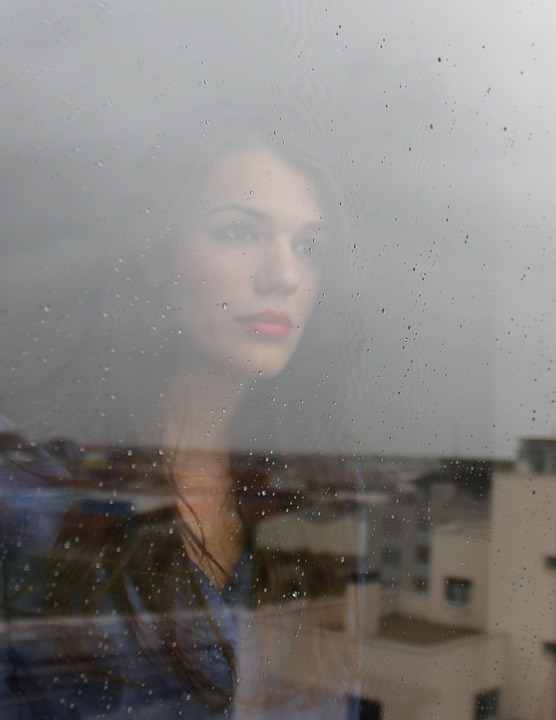Just a few nights ago, I began reading a new book – A Mother’s Reckoning: Living in the Aftermath of Tragedy. Most notable: the author’s name: Sue Klebold. The mother of Dylan Klebold, of the 1999 Columbine tragedy. It’s challenging my idea that parents can be at fault for the actions of their children.
In the introduction, a journalist who met the Klebolds writes that one of two reasons we blame parents for the crimes of their children is, “because in supposing that, we reassure ourselves that in our own house, where we are not doing such wrong things, we do not risk this calamity.” He continues on, “I didn’t want to like the Klebolds, because the cost of liking them would be an acknowledgment that what happened wasn’t their fault, and if it wasn’t their fault, none of us is safe.” (Emphasis mine.)
Thankfully, because I keep a pretty compassionate FB friend group who are speaking avidly about considering the feelings of the poor mother who’s toddler escaped into the gorilla’s habitat, I’m hearing more of this spoken – even if we don’t all realize the underlying truth. If we can find cause and point blame, we mistakenly begin to believe that we’ll never run such risk.
It’s the same idea behind the study which recently found that people who considered themselves not a target for advertising were significantly more susceptible to buying from an advertisement. There’s folly in believing you will never be a victim.
Of course, living fearfully that everything will happen to you is it’s own brand of magical thinking. Both approaches to the world are convincing you that you’re someone special. As if who you are is an indicator of how life will treat you. The temptation is to believe everything terrible will happen to you, or nothing terrible will. The truth is, some of it could. And those are the only guarantees we get.
Blaming others, finding the reason, reducing complex situations down to simple solutions won’t save you from tragedy. Perhaps learning from tragedy will save us from history repeating itself, which is its own gift, and one we can turn to for comfort. Finding someone to take the fall will rarely insure our own safety, though it often feels like it can.
